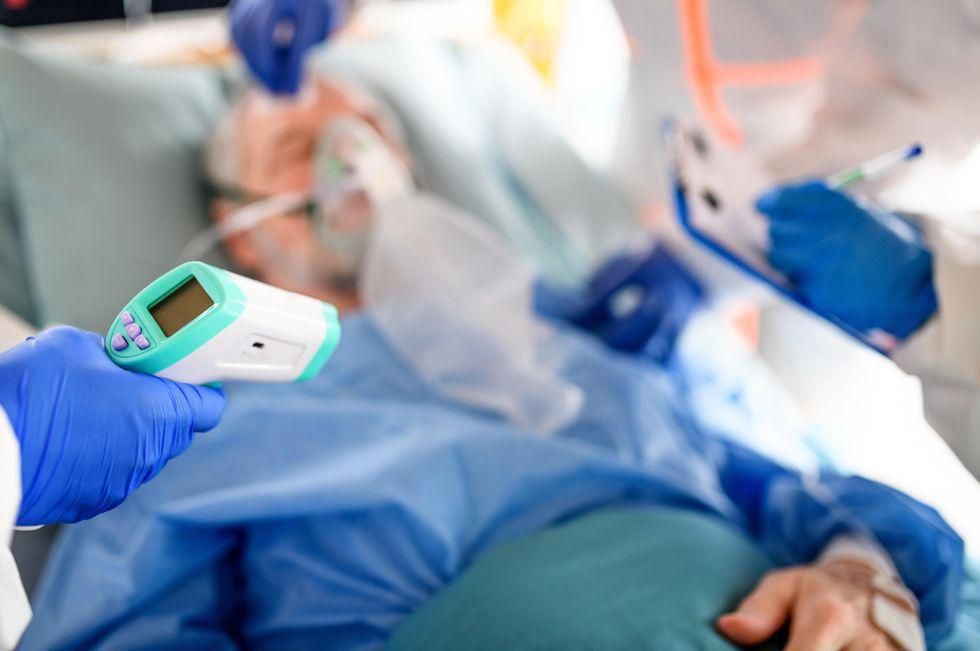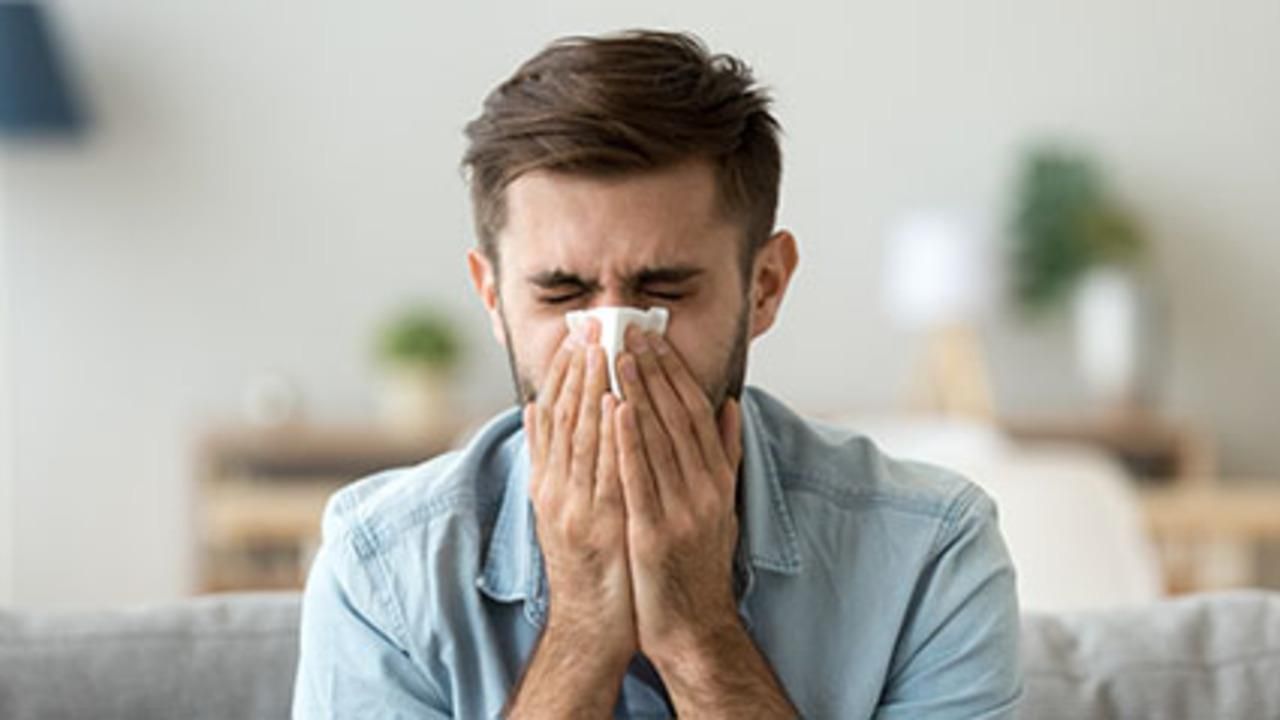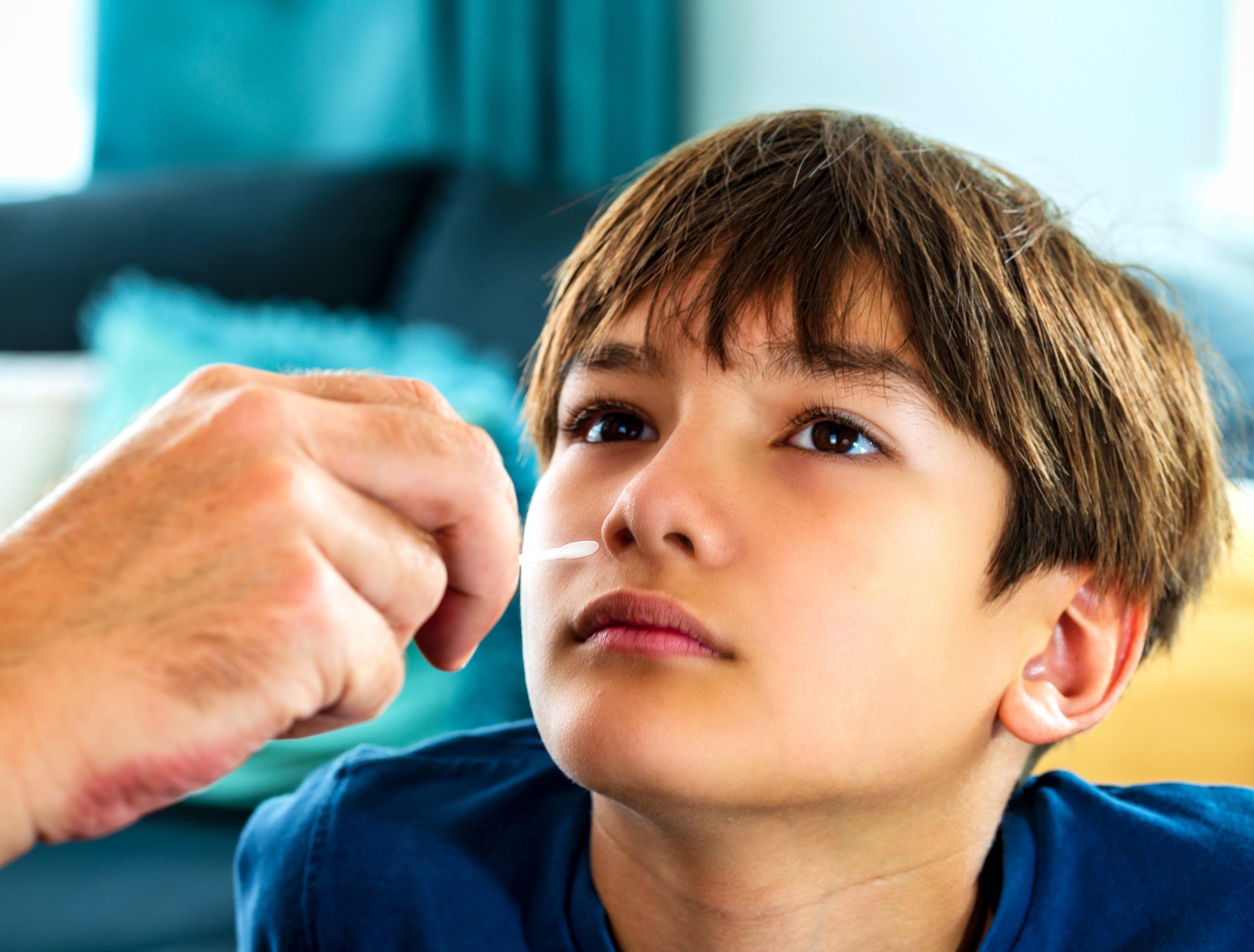
Secondhand vapor from electronic cigarettes is harmful to others, causing bronchitis symptoms and shortness of breath in young bystanders, a new study reports. Secondhand exposure to vapor increased teens’ risk of bronchitis symptoms by 40% and shortness of breath by 53%, according to findings published online Jan. 10 in the journal Thorax. The effect was… read on > read on >






























